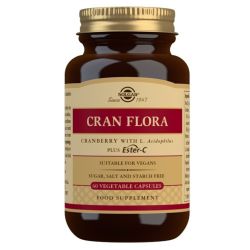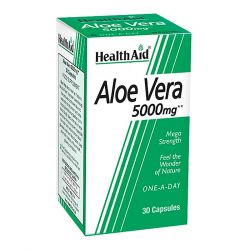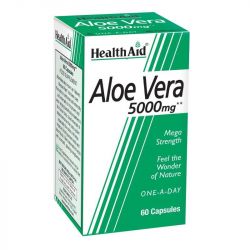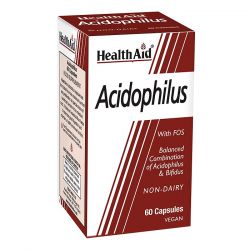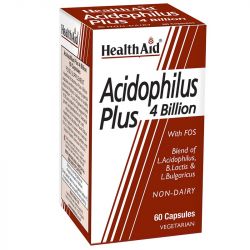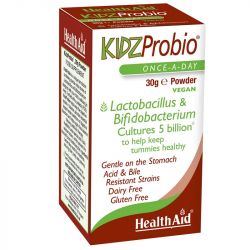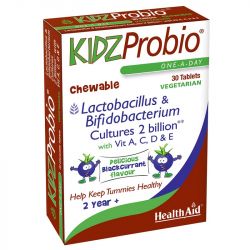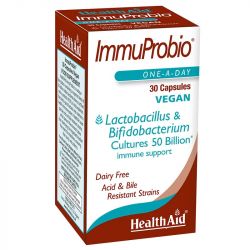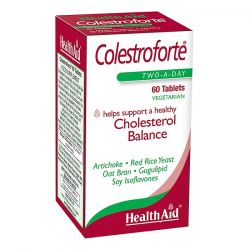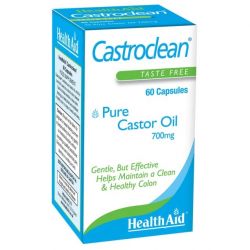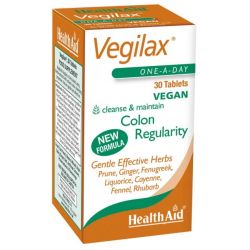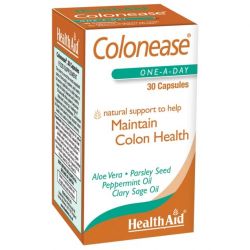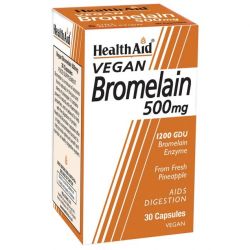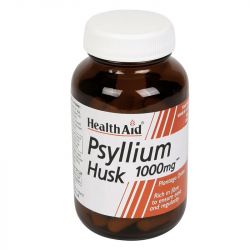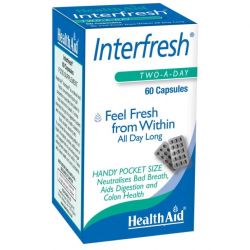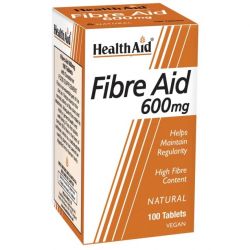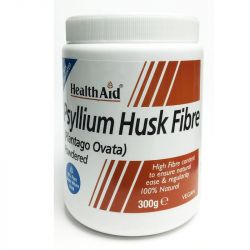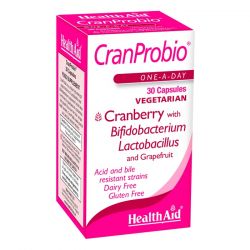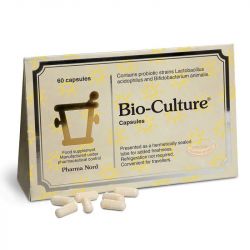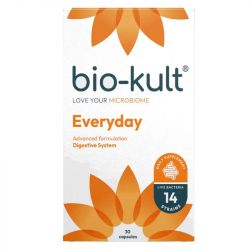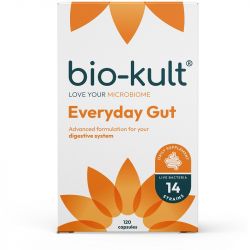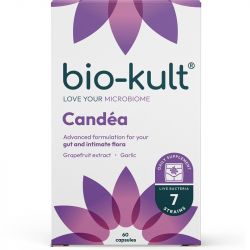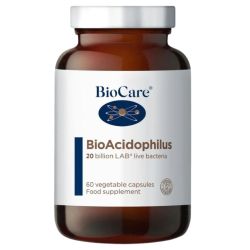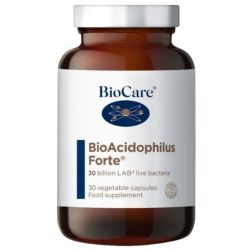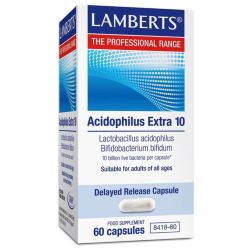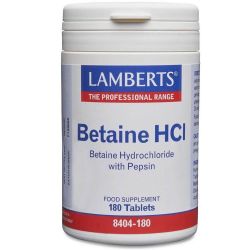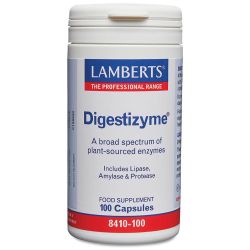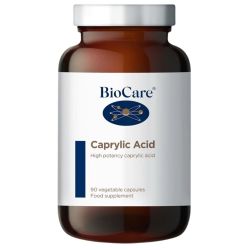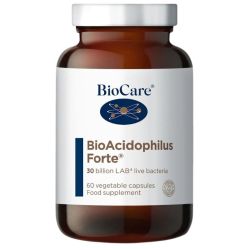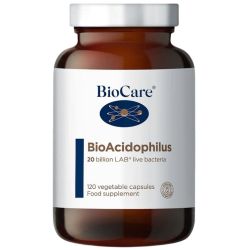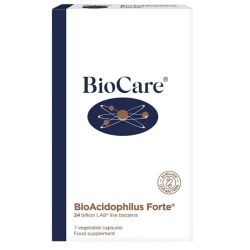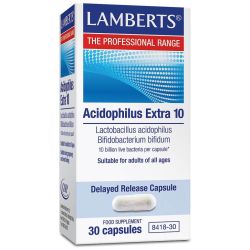Digestive Aids & Probiotics
The gut is an incredibly important part of the body - did you know that the gut is made up of more DNA than the rest of your body combined?
Digestive Aids and Probiotics can be used to help alleviate a variety of digestive issues; from excess gas to constipation. A diverse range of gut bacteria has also been found to have a positive impact on immunity, mood and even sleep.
You can get “good bacteria” naturally from sources like Yoghurt, Miso and Pickles. There are also small yoghurt drinks that are sold in the supermarkets and often advertised as providing specific probiotics or digestive enzymes.
All you need to know about Digestive Aids & Probiotics
What’s the difference between a digestive aid and a probiotic?
Probiotics are known as “good bacteria” or “friendly bacteria”. A probiotic will deliver these bacteria to your gut. The bacteria will then multiply and thus the number of friendly bacteria in your gut increases, delivering all the health benefits hoped for.
Digestive Aids are usually enzymes and proteins. These help to breakdown the food that you eat. This can serve two purposes; firstly it can help your body to break down food efficiently and so absorb more of the nutrients. Secondly digestive aids help them to avoid feelings like heartburn, indigestion and bloating which they often experience after eating.
What is a prebiotic?
Prebiotics are food for probiotics. Products that combine probiotics with prebiotics boost the odds that more of the bacteria will survive and then thrive once they get to your gut because they ensure that the friendly bacteria will have food to use to ensure their success.
Should I take a probiotic with antibiotics?
Yes absolutely. Antibiotics work to kill bacteria and so inadvertently can end up killing a lot of good bacteria in your stomach. It is common for people to experience stomach aches or diarrhoea when they take antibiotics and sometimes these feelings persist long after the course of medication is finished.
By taking a probiotic you keep replenishing your stomach with good bacteria to ensure your gut can continue to function as well as possible.
What would help with my IBS?
For those suffering with Irritable bowel syndrome, a combination of probiotics and digestive enzymes can help. Probiotics are important to boost the function of your gut whilst the digestive enzymes help your body to process food as efficiently as possible to minimise feelings of discomfort.
IBS is an issue that affects the large intestine. The large intestine plays an important role in absorbing water, electrolytes and vitamins and also forming faeces. Ensuring food is thoroughly broken down by using a digestive aid will improve absorption and thus could help to reduce some of the symptoms of IBS. In addition it is often found that people with IBS have poor diversity of good bacteria in their guts. A probiotic would help to remedy this situation and thus reduce the incidence of IBS over time.

